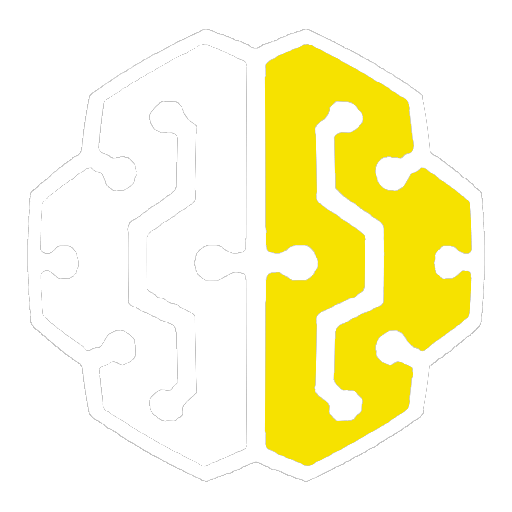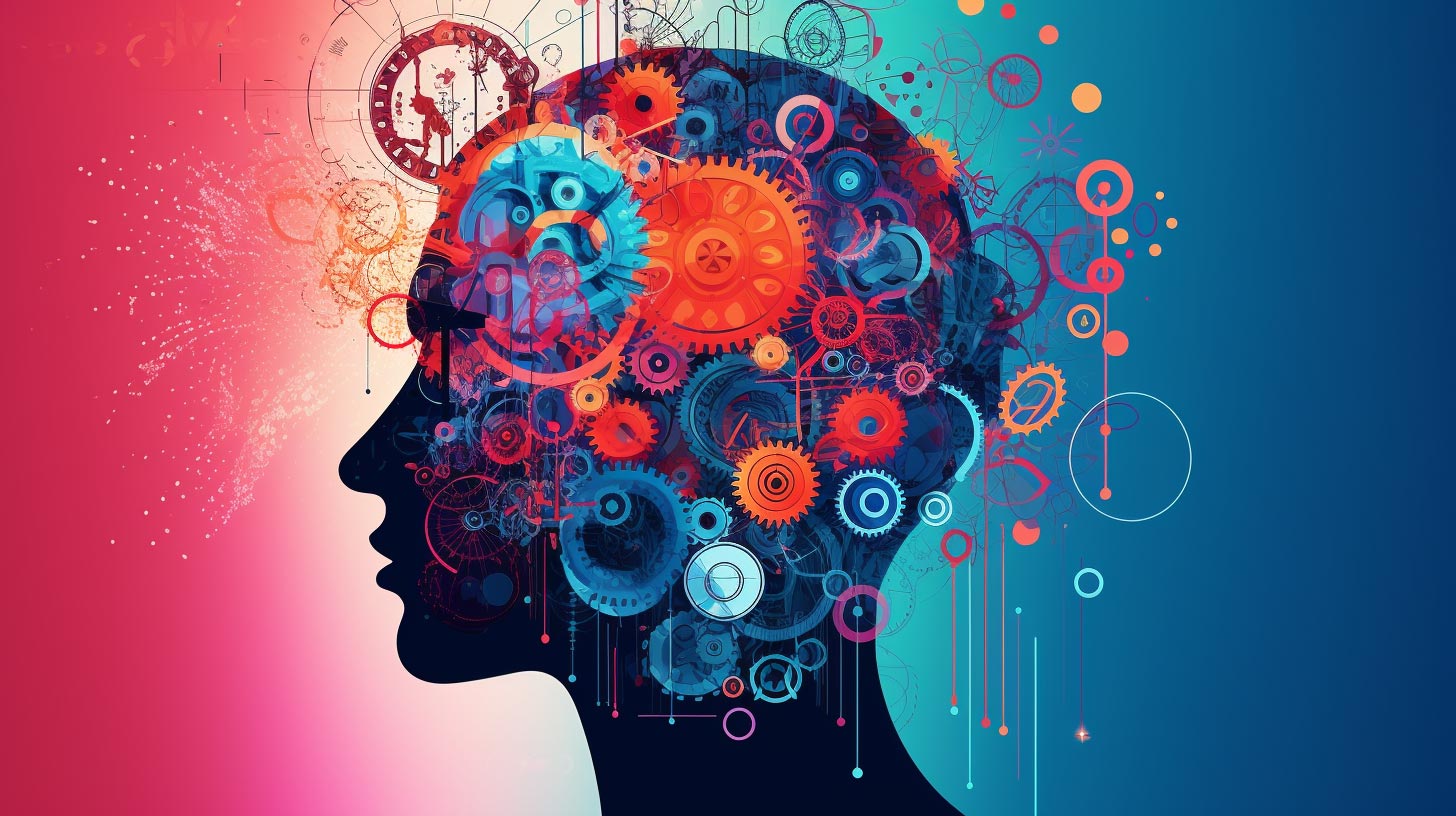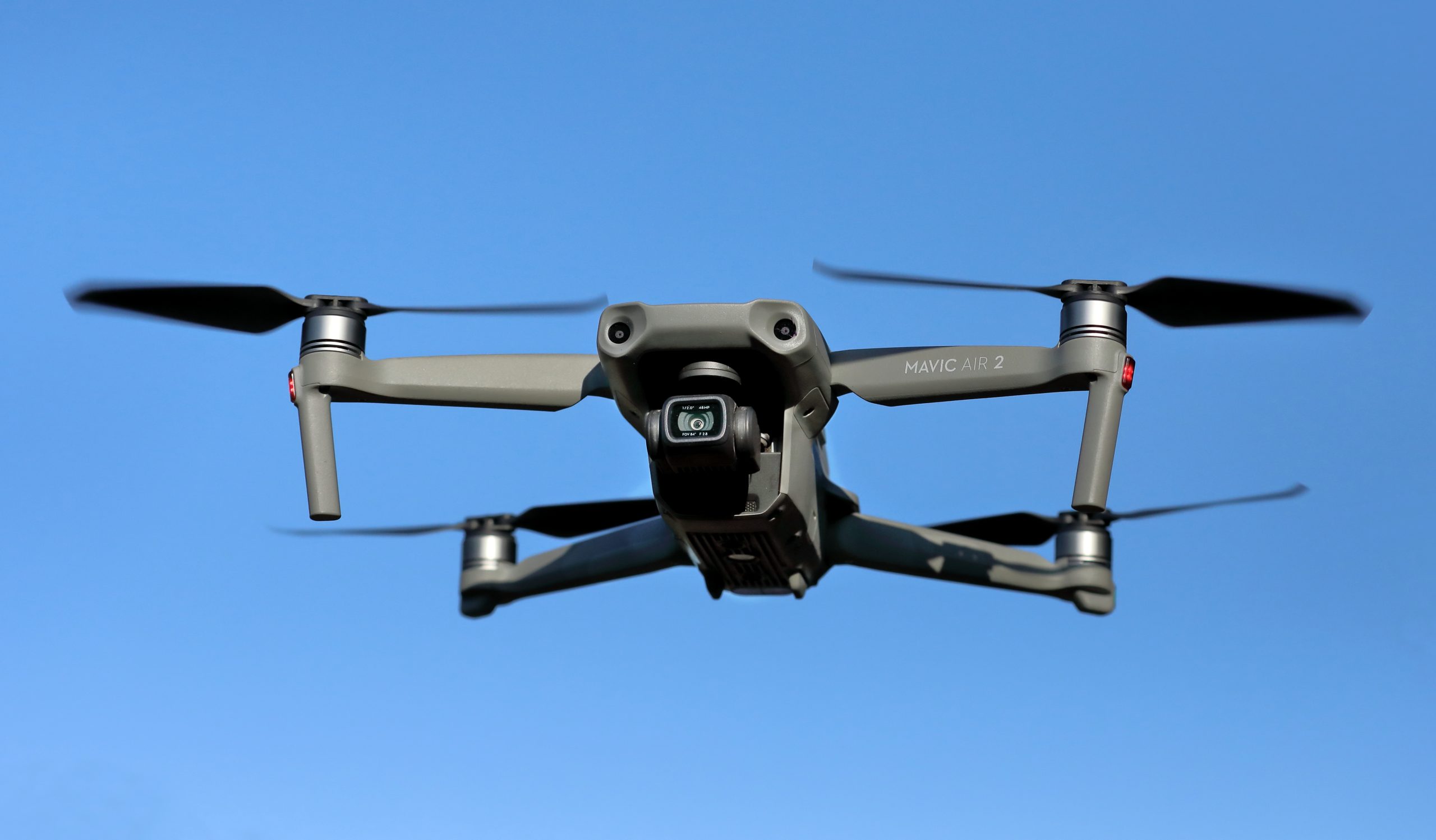Artificial Intelligence (AI) has become a ubiquitous presence in our daily lives, from online shopping recommendations to virtual assistants in our homes.
However, there is a growing concern among industry experts regarding the deceptive facade of AI and its potential for surveillance.
Despite its seemingly innocuous nature, AI has significant power over people’s lives, and the massive datasets collected from humans are often pooled in the hands of AI firms to determine creditworthiness and even spy on people.
This article explores the ethics of AI and questions its intrusive and exploitative nature. While popular generative AI companies may hide the fact that their products are powered by human grunts, an army of workers does annotation behind the scenes to make AI work.
This raises important questions about the human labour behind AI and the need for accountability. As AI becomes increasingly prevalent, it is crucial to examine the ethical implications of its use and the potential for it to become a deceptive facade for surveillance.
Key Takeaways
- AI is being used for surveillance purposes, with the potential for misuse or leakage of sensitive information.
- The ethics of AI are questioned due to its intrusive and exploitative nature, particularly in terms of labour exploitation and privacy.
- The lack of transparency and accountability in the AI industry raises concerns about its potential for exploitation and abuse.
- The use of AI for determining creditworthiness based on scraped social media data can perpetuate biases and discrimination.
AI’s Intrusive Power
The pre-existing knowledge highlights the industry experts’ warning against AI’s intrusive and exploitative power, which operates through massive datasets collected from humans and serves as surveillance technology, threatening people’s privacy and creditworthiness, while being put in the hands of companies with significant control over people’s lives.
Privacy concerns arise from the fact that AI models operate out of public view, making it difficult for individuals to understand how their information is being used. This lack of transparency is compounded by the fact that AI companies often scrape data from billions of web pages without permission, leaving individuals with no mechanism to control how their data is collected or used.
The ethical implications of AI’s power over people’s lives are also concerning. AI is being used to determine creditworthiness based on scraped social media data, which can perpetuate biases and discrimination. Additionally, AI is being used for surveillance purposes, with chatbots like ChatGPT and other AI models collecting data on individuals without their knowledge or consent.
This raises questions about who has access to this data and how it is being used, particularly given the lack of transparency around AI’s inner workings. Overall, the intrusive and exploitative power of AI highlights the need for better regulation and oversight to protect people’s privacy and prevent the misuse of their data.
The Human Labor Behind AI
Annotation by human workers is an essential process for the functionality of AI models. Despite the popular belief that AI is an autonomous system, the truth is that it requires an army of workers to operate behind the scenes.
These workers are responsible for annotating data, which is the process of labelling and categorizing data that AI models later use to learn and make decisions. Annotation is a time-consuming and tedious task that requires a high level of accuracy, and as such, it is often outsourced to low-paid workers in developing countries.
The hidden workforce behind AI raises ethical implications, particularly in terms of labour exploitation and privacy. The fact that AI companies rely on cheap labour to annotate data is problematic, as it perpetuates a cycle of exploitation and reinforces inequalities in the global labour market.
Additionally, the massive datasets collected from humans that fuel AI models often contain sensitive information, such as personal preferences, political beliefs, and health data. As such, there is a risk that this information could be misused or leaked, which could have serious consequences for individuals’ privacy and security.
These ethical concerns highlight the need for greater transparency and accountability in the AI industry, particularly with regard to the human labour that underpins it.
The Need for Accountability
Greater transparency and accountability are imperative in the AI industry to address ethical concerns surrounding labour exploitation and privacy violations.
The use of AI technology is not inherently unethical, but the way it is implemented and the lack of transparency surrounding its development pose significant ethical concerns.
AI models often operate out of public view and require a massive amount of data collected from humans to function.
This data is often scraped without permission and can be used for surveillance purposes, which is a clear violation of privacy rights.
The importance of transparency and ethical considerations in AI decision-making cannot be overstated.
AI companies have significant power over people’s lives, from determining creditworthiness based on scraped social media to using chatbots like ChatGPT to threaten privacy.
Without proper oversight and accountability, the potential for exploitation and abuse is high.
It is crucial that AI companies are held accountable for the use of their technology and that clear ethical standard are established to ensure that the development and deployment of AI is done in a responsible and ethical manner.
Frequently Asked Questions
What specific actions can individuals take to protect their privacy from AI surveillance technology?
Privacy protection can be achieved through AI accountability, which includes clear regulation and transparency about data collection and use. Ethical considerations must also be prioritized in the development and deployment of AI surveillance technology.
How do AI companies collect and handle massive datasets of personal information?
The collection and handling of massive datasets of personal information by AI companies raise data privacy concerns and ethical implications. The use of scraped social media data to determine creditworthiness without individuals’ knowledge is one example of the potential misuse of personal information.
What are some potential consequences of using AI to determine creditworthiness based on scraped social media data?
Using AI to determine creditworthiness based on scraped social media data can lead to privacy violations and discrimination. The lack of transparency in the algorithms used by AI companies can result in biased decisions, negatively impacting individuals’ financial opportunities and overall well-being.
Can AI companies be held accountable for the potential harm caused by their technology? If so, how?
Ethical implications and corporate responsibility require AI companies to be held accountable for the potential harm caused by their technology. This can be achieved through transparency, regulation, and oversight, ensuring that AI operates within ethical boundaries and respects people’s rights and privacy.
Are there any regulations or laws in place to protect individuals from the intrusive and exploitative nature of AI technology?
There are some regulations in place to protect privacy in relation to AI, such as the General Data Protection Regulation in Europe. However, more comprehensive AI regulations are needed to ensure privacy protection and accountability for potential harms caused by AI technology.








Leave a Reply